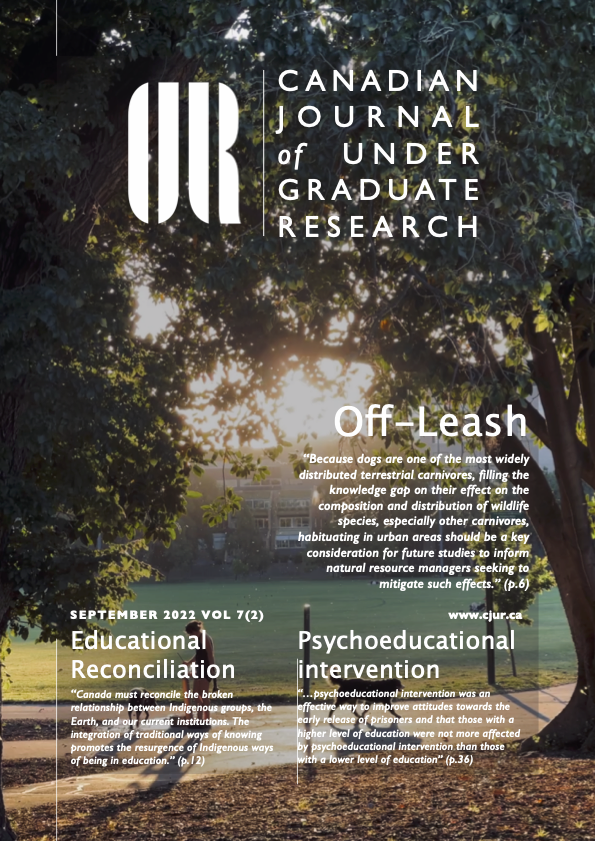Socially Inappropriate Motherhood
Cross-Cultural Approaches to Sexual Violence Related Pregnancies (SVRP)
Abstract
Motherhood and childbearing are experiences that often receive great cultural prestige and celebration, a consequence related to their close associations with gender roles and life milestones, as well as their social function in generational continuation and population growth. However, external forces such as the community and the state have often overlooked power over the construction of socially acceptable forms of reproduction. One form that offers unique insight into social constructions of acceptable motherhood and pregnancy is sexual violence related pregnancies (SVRP), which represent an intersection between stigmatization, social support, and criminality in conversations of reproductive health and choice-making. Using abortion laws as a cross-cultural lens through which to understand the policing of SVRP comparatively between America, Australia, Nicaragua, and the Democratic Republic of Congo, this review seeks to examine the relationship between state and community understandings of appropriate motherhood, sexual violence, and gendered perceptions of “good” or socially supported motherhood. Furthermore, the contentious nature of abortion debates and legislation can be utilized as a lens through which to understand which forms of motherhood and childbearing can be considered state and community sanctioned versus unsupported.
Key Words: Sexual Violence, Pregnancy, SVRP, Motherhood, Childbearing, Abortion
Published
Issue
Section
License
Authors who publish with this journal agree to the following terms:
- Authors retain copyright and grant the journal right of first publication with the work simultaneously licensed under a Creative Commons Attribution License that allows others to share the work with an acknowledgement of the work's authorship and initial publication in this journal.
- Authors are able to enter into separate, additional contractual arrangements for the non-exclusive distribution of the journal's published version of the work (e.g., post it to an institutional repository or publish it in a book), with an acknowledgement of its initial publication in this journal.
- Authors are permitted and encouraged to post their work online (e.g., in institutional repositories or on their website) prior to and during the submission process, as it can lead to productive exchanges, as well as earlier and greater citation of published work (See The Effect of Open Access).

